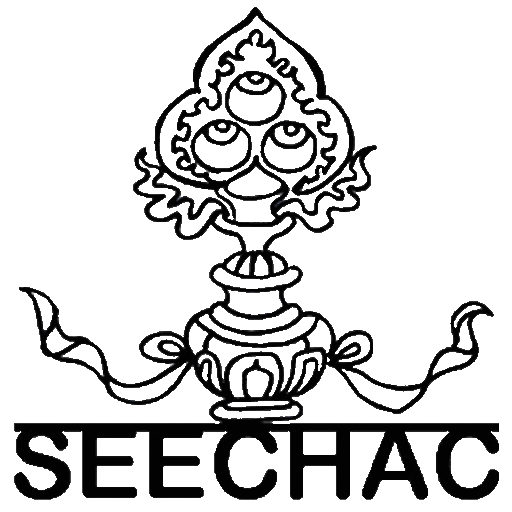
An Archaeological Enquiry into the Features of Early Medieval Buddhism in Pakistan and Afghanistan
le vendredi 11 mars2011 à 17 heures
Amphi Rataud, ENS, 45 rue d’Ulm 75005 Paris
Conférence donnée
par Madame Anna Filigenzi Docteur en archéologie ÖAW/Università degli Studi di Napoli
The dearth of primary historical sources on pre-Muslim India makes archaeological documentation an essential key to expanding our knowledge.
Nevertheless, material evidence is often patchy and difficult to assemble in a systematic synthesis. In particular, vestige of Buddhistsettelements and ritual praxis of early medieval period is seldom preserved in the archaeological record. Whilst in Afghanistan archaeological remains –though of unclear interpretation –witness to a still intense season of Buddhist art and architecture, a severe decrease of the Buddhist
settlements seems to have occurred in Pakistan after the 5th century CE.
This evidence apparently contradicts a firm literary tradition, which attests the persistent fame of Uá¸?á¸?iyāna (maybe to be intended as inclusive of an area broader than modern-day Swat, north-west Pakistan) as a cradle of teachings and teachers for
Tibetan Buddhism and Bon. This contradiction represents an open question that the advancement of the studies in the last decades can now contribute to answer.
La
conférence
est
publique


